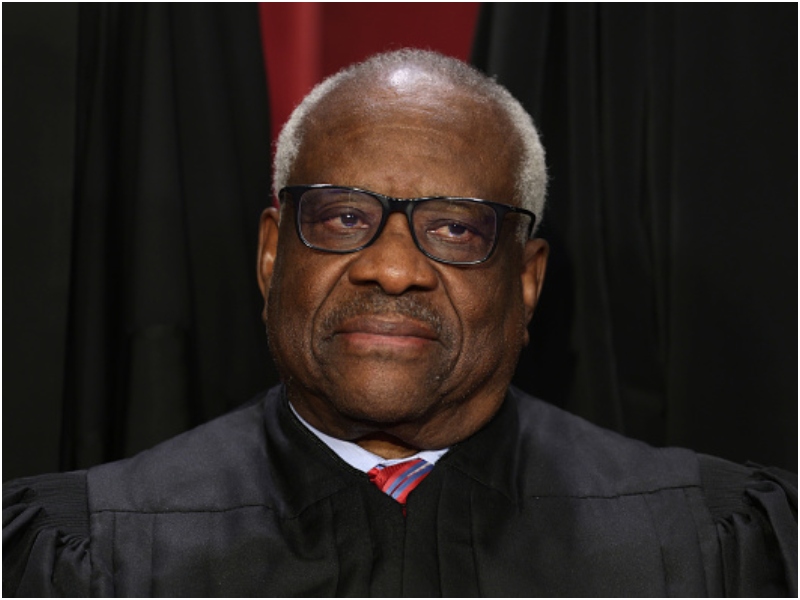In a significant ruling, the U.S. Supreme Court denied a request to stay the Biden administration’s new Environmental Protection Agency (EPA) rule that imposes stringent greenhouse gas emissions standards on power plants.
The 7-1 decision saw conservative Justice Clarence Thomas as the lone dissenter, marking a rare departure from the majority of the court’s conservative justices.
The EPA rule, introduced in April 2024, mandates that new and existing coal and natural gas power plants must reduce or capture 90% of their climate-related pollution by 2032.
States such as West Virginia and Indiana, along with several industry groups, sought an emergency stay to halt the rule while its legality is debated in the lower courts.
Justice Brett Kavanaugh, writing for the majority, argued that since compliance with the EPA rule isn’t required until summer 2025, the plaintiffs are “unlikely to suffer irreparable harm” before the D.C. Circuit Court of Appeals has a chance to rule on the matter.
Kavanaugh’s opinion underscored that the urgency claimed by the plaintiffs was not substantial enough to justify an emergency intervention.
Justice Clarence Thomas, however, broke from the majority, expressing that he would have granted the emergency stay, though he did not provide a separate opinion explaining his reasoning. Meanwhile, conservative Justice Samuel Alito did not participate in the consideration or decision of the case.
The decision represents a key moment in the ongoing legal battle over the EPA’s regulatory authority and the future of federal environmental policy under the Biden administration.
The case now returns to the D.C. Circuit Court of Appeals for further litigation, with potentially broader implications for the regulation of climate pollution and the powers of federal agencies.

